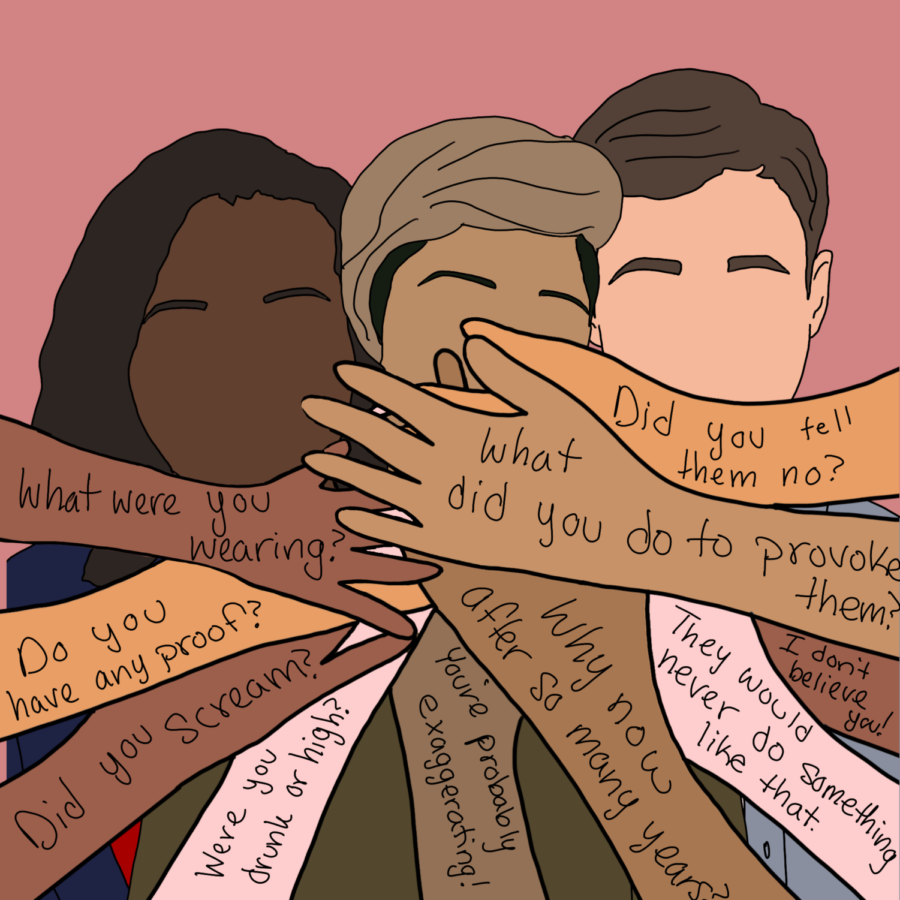(ThyBlackMan.com) The football world was struck with heartbreaking news this weekend, as former LSU wide receiver Kyren Lacy was found dead Saturday night in Houston. Just 24 years old, Lacy’s sudden death has left the LSU community, his hometown of Thibodaux, Louisiana, and football fans across the country grappling with shock, sadness, and questions about how such a promising life ended so tragically.
The circumstances surrounding his death remain unclear. As of Sunday afternoon, LSU officials confirmed Lacy’s passing to ESPN, but a cause of death had not been made public. His death follows months of legal troubles and emotional turmoil after Lacy was involved in a fatal hit-and-run accident in December 2024 that claimed the life of a 78-year-old man.
This is not only the story of a young man’s fall from grace; it is also a sobering commentary on the pressures faced by young Black athletes, the mental health issues that often go unspoken, and a cultural pattern within the Black community of ignoring harmful behavior until it’s too late.

A Rising Star Dimmed Too Soon
Kyren Lacy’s journey began in Louisiana, where he rose through the ranks as a standout football player at Thibodaux High School. He later began his college career at the University of Louisiana before transferring to LSU, a move that immediately placed him in the national spotlight.
Lacy had all the makings of a breakout NFL star. Standing at 6-foot-2, with reliable hands and a smooth route-running ability, he became a dependable target in LSU’s high-powered offense. His 2023 season was his best yet—catching 58 passes for 866 yards and a team-leading nine touchdowns. These were numbers that had scouts buzzing, and ESPN draft analyst Mel Kiper Jr. ranked him as high as the No. 6 wide receiver prospect late last year.
Then, everything changed on the night of December 17, 2024.
The Crash That Altered Everything
According to Louisiana State Police, Lacy was driving a 2023 Dodge Charger at a high rate of speed on Louisiana Highway 20. He reportedly crossed into a no-passing zone, weaving into the northbound lane while recklessly passing multiple vehicles. The maneuver forced a northbound pickup truck to brake and swerve to avoid a head-on collision. A Kia Cadenza behind the pickup then veered into oncoming traffic to avoid the Charger, colliding head-on with a southbound Kia Sorento.
In the Sorento was Herman Hall, a 78-year-old man from Thibodaux, who suffered critical injuries and later died. Authorities allege that Lacy did not stop, render aid, call emergency services, or report his involvement—he simply drove away.
A month later, Lacy turned himself in and was charged with negligent homicide, felony hit-and-run involving death, and reckless operation of a vehicle. He was released on $151,000 bond.
It was a moment that should have shaken the community to its core, but instead, it quietly faded into the background of sports news cycles and social media scrolls. Despite the gravity of the situation, Lacy still participated in LSU’s Pro Day in March and maintained hope of an NFL future, though he did not play in LSU’s win over Baylor in the Texas Bowl.
Mental Health and the Weight of Fame
Lacy’s death—and everything that led up to it—should force us to confront a larger, more uncomfortable truth: Young Black men, particularly athletes, are often pushed to be invincible, emotionally detached, and relentlessly perfect. But they are not. They’re human. They hurt. They stumble. They carry burdens that society doesn’t see—or chooses to ignore.
The world of competitive sports rarely gives these young men space to truly breathe, reflect, or seek help. From adolescence, many are told to suppress their feelings, to “man up,” to play through pain both physical and emotional. Even when the limelight is on, the pressure to perform, to provide for their families, and to live up to a carefully curated public image can be emotionally suffocating.
Was Kyren Lacy grappling with guilt, anxiety, or depression following the crash? We may never know, but it would be naïve to assume he wasn’t. The very idea of causing someone’s death—accidental or not—is a psychological weight that few could bear alone. Add to that the public scrutiny of being a high-profile athlete under legal investigation, and it becomes clear that Lacy was likely in emotional distress.
The tragic irony is that while the sports world applauds grit and perseverance, it often shames or overlooks vulnerability. And in the Black community, this stigma around mental health is amplified.
The Culture of Silence
There is an uncomfortable pattern that exists in parts of the Black community—particularly around athletes and celebrities. Bad behavior, whether it be violent, reckless, or irresponsible, is often minimized or overlooked as long as the individual continues to produce results on the field, in the studio, or on the screen. It’s a dangerous culture of silence, wrapped in the misguided belief that loyalty means turning a blind eye.
Even after the crash that killed Herman Hall, some fans on social media defended Lacy. They argued he was “young,” “made a mistake,” or worse—“being targeted because he’s Black.” While it’s critical to acknowledge racial disparities in law enforcement and media coverage, we also must hold our own accountable. A man died. A family was shattered. There was a chance for reflection, remorse, and responsibility.
But what message do we send to our youth when the conversation quickly shifts from accountability to justification?
The community cannot continue to raise boys with the notion that talent erases consequences. We cannot continue to shield them from criticism under the guise of protection, only for them to crash and burn under the weight of their own actions and our silence.
A Cautionary Tale for the Next Generation
Lacy’s story is no longer just about football. It’s about the young men coming after him—the wide-eyed high school stars, the college players navigating newfound fame, the families who see athletic success as the ticket out of poverty. His story should be a cautionary tale, not just about what happens when things go wrong, but about what happens when no one intervenes early enough.
We need real conversations about:
- Mental health in sports – College programs need mandatory mental health screenings and support, especially after traumatic events.
- Moral guidance – Coaching staffs and mentors must help athletes develop character alongside talent.
- Community responsibility – Fans and families alike must learn that loving someone includes holding them accountable.
- The illusion of invincibility – We must stop romanticizing recklessness as swagger.
Remembering Kyren Lacy—The Player and the Person
Kyren Lacy was more than his worst moment. He was a son, a friend, a teammate. Coaches spoke highly of his work ethic, his determination, and his ability to light up a locker room. Teammates posted tributes on social media throughout Sunday, remembering him not only for his athletic prowess but for his heart.
In one tweet, a former teammate wrote:
“We lost more than a player. We lost a brother. Kyren, you were battling so much behind the scenes and I just wish we knew. Rest easy, 2.”
Whether he died from suicide, accidental overdose, or another tragic circumstance, the truth is that something broke inside Kyren Lacy. And we should all care enough to ask why.
Kyren Lacy’s death didn’t have to happen. Maybe not the accident, maybe not the legal fallout—but certainly not this. The system failed him. The culture that elevated him failed him. We failed him.
And now, we are left to grieve not only the loss of a talented athlete but of a young man who needed more help than he received.
Let his death not be in vain. Let it spark deeper conversations within the sports world and Black community alike. Let us reimagine what support, guidance, and love truly look like.
Because if we don’t change how we treat our young men—if we keep pretending pain doesn’t exist until it explodes—there will be more Kyren Lacys. And we’ll keep mourning dreams that never had the chance to fully bloom.
Rest in Power, Kyren Lacy. May your story teach us to be better—for ourselves, and for those coming behind you.
Staff Writer; Jamar Jackson

















Leave a Reply